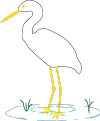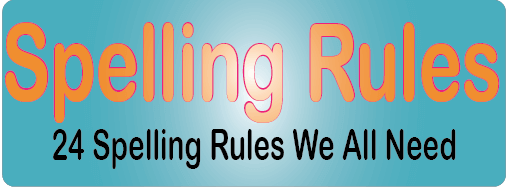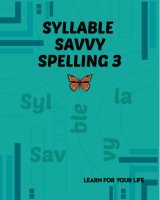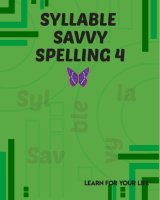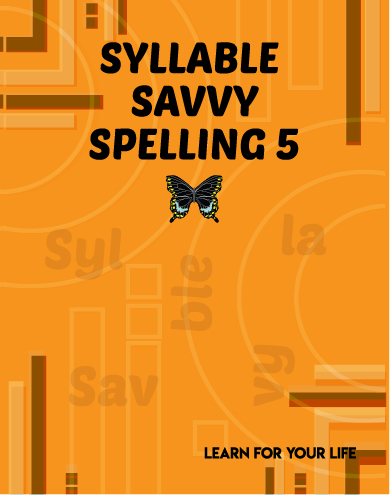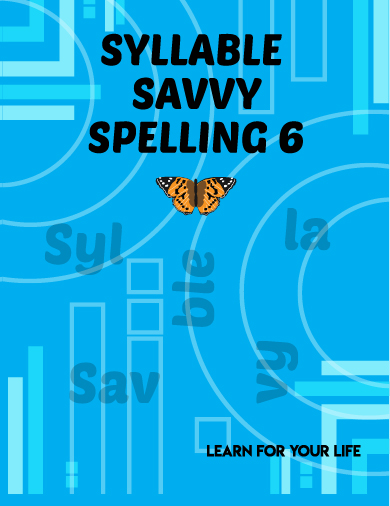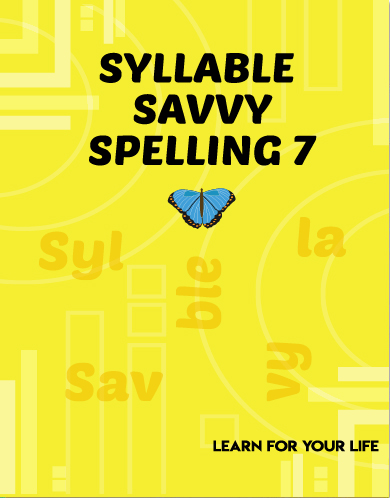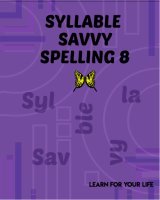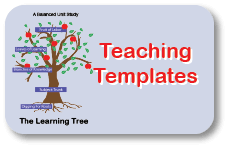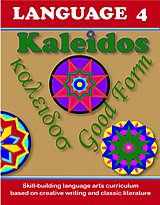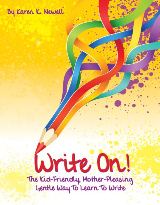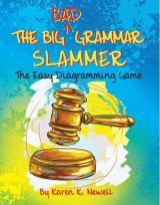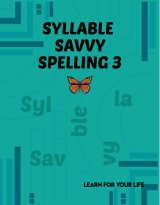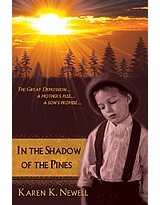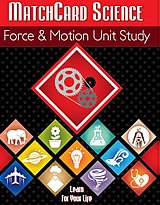Spelling Rules
24 spelling rules used in Syllable Savvy Spelling
The 24 Spelling Rules
![]() We use the symbol of the miniature chalkboards as you see on the left to indicate the different spelling rules. In this case, Spelling Rule T.
We use the symbol of the miniature chalkboards as you see on the left to indicate the different spelling rules. In this case, Spelling Rule T.
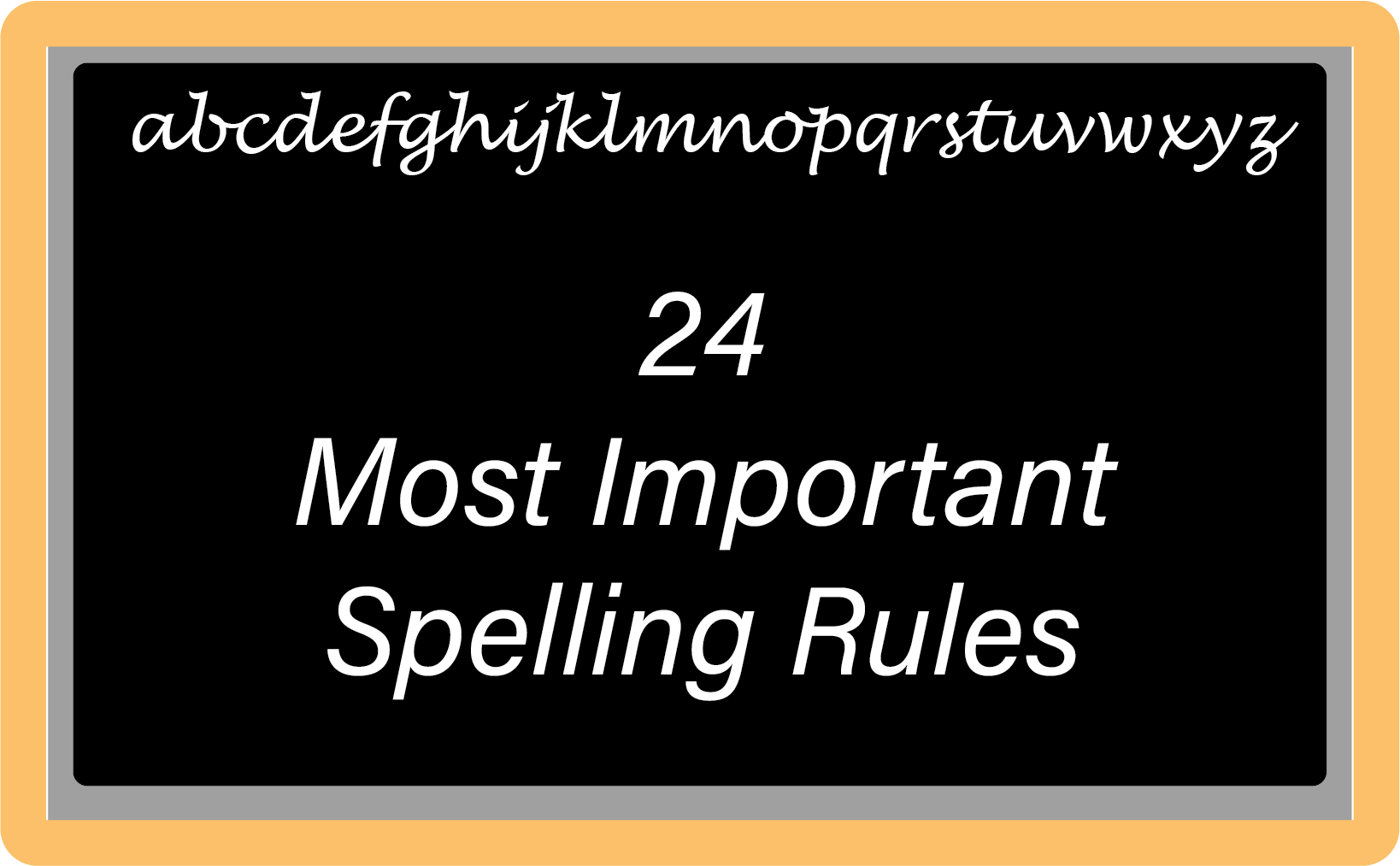
Spelling Rule A
Short and Long Vowels
Short vowels are used more frequently than long vowels. Unless otherwise stated, use the short vowel sound in a word.The short vowels can be recognized by the words in this list:
sad bed lid box sun
A long vowel sound is indicated with a line over the top of the vowel.
ā ē ī ō ū
Long vowels can be recognized by the words in this list:
day bee light rope tune
Spelling Rule B
Schwa
The schwa is a symbol that looks like an upside down lower case e. It makes the "uh" sound in "duh." It is the most common sound in modern English and can be spelled by any of the five vowels.The schwa is used instead of a short u when the "uh" is in the unstressed syllable:

Spelling Rule C
Change Y To I
When adding “s” to a word that ends in “y” to make it plural, change the y to i and add es.cry > cries study > studies
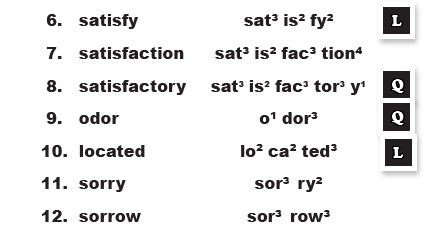
Spelling Rule D
Silent Letters
Some words have silent letters. In most cases, the pronunciation changed over many years but the spelling did not.talk dumb castle wrist

Spelling Rule E
F to V
An F or FE at the end of a word will be changed to VES to make it plural.life > lives knife > knives
Note that no word ends in V. Therefore a silent e is required at the end.have give
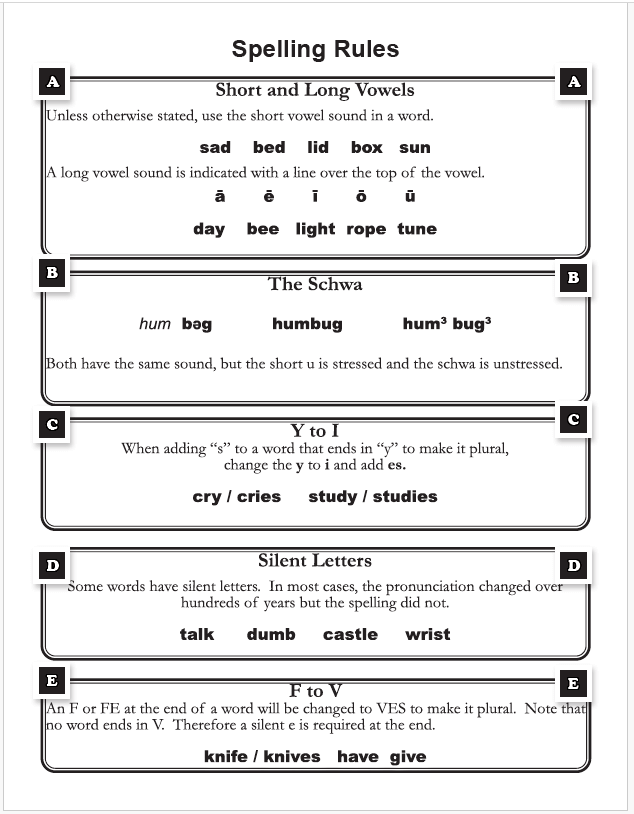
Spelling Rule F
Add ES instead of S
Add ES instead of S to make the plural of words ending in S, X SH, or CH:glass > glasses fox > foxes dish > dishes church > churches
Spelling Rule G
Spelling Pronunciation
The spelling and pronunciation of some words are very different. Sometimes the number of syllables is even different. It often helps to remember a unique pronunciation for these unusual words.
interest > in TER est
camera > cam ER ә
business > biz ē nis
Spelling Rule H
J At Start or End of a Word
J makes a soft “g” sound at the beginning of a word, usually before a, o, or u . G may be used before i or e.Job Ginger
Words do not end in J. Most require a “ge.”Gage Edge
J is seldom used in the middle. (Exceptions: enjoy, major, subject, object, inject, reject and other “ject” words.)Spelling Rule I
Drop the Silent E
Drop the silent E when adding a suffix that begins with a vowel.bike biking biked biker
Spelling Rule J
ED
The past tense of most words is formed by adding ED to the end. The word may be pronounced “ed” or “d” or “t” at the end.- “d” sound: used
- “ed” sound: headed
- “t” sound: clapped
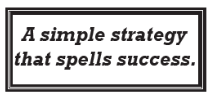
Spelling Rule K
Double the Consonant
Double the consonant when adding an ending with these 3 conditions- The root word ends with a single consonant (hop; not hope or hurt)
- The vowel before the consonant is a single vowel (hop; not meat)
- The ending begins with a vowel (ed or ing; not hops)
hopping hopped
Spelling Rule L
Open and Closed Syllables
A syllable with a short vowel sound is usually closed by a consonant at the end. A syllable with a long vowel sound is usually open with the vowel at the end of the syllable:tablet > tab let table > ta ble
Short A: In the word “tablet,” the “b” is usually pronounced with the second syllable and not the first. However, since the “a” is a short vowel sound, it is closed with the “b” at the end of the syllable.Long A: The "a" is long in "table," therefore it is open. This rule will assist in learning the spellings of many larger words.
Spelling Rule M
I pronounced as Long E
Some words have an “I” that says “E.”radio Indian pizza
Spelling Rule N
IGH
Many words are spelled with IGH which makes a long I sound:high light bright
Spelling Rule O
OUGH
OUGH can make the sound of a short O, a long O, or a long U:thought though through although bought
There are a limited number of these words but they are relatively common.Spelling Rule P
AUGH
Can make the sound of a short O or short A:taught caught haughty naughty daughter laugh laughter
There is a very limited number of these words.Spelling Rule Q
OR
Some words end in OR instead of “er.” They are often careers.doctor sailor pastor tailor
There are multi-syllable words of Latin origin that also end in OR.
elevator labor advisor horror investigator
Spelling Rule R
AR
There are a limited number of words with “ar” at the end with the “er” sound. It is more common with scientific words.sugar pillar nuclear molecular
Say This: “The wizard with a lizard walked backward through the blizzard with a dollar on his collar." While that is not all of the AR ending words, it will give you a headstart.Spelling Rule S
I Before E
The world's most famous, hated, and self-broken spelling rule. Let's take it in parts:
I before E : believe chief pie
Except After C: deceive receipt
Or with a long “A” as in “neighbor” or “weigh”
Spelling Rule T
Suffixes with Different Spellings but the Same Sound
Okay, this is cheating. It is multiple rules rolled into one. But let's quit quibbling about the number of rules and learn them: The world's most famous, hated, and self-broken spelling rule. Let's take it in parts:
TION, SION, CIAN
tion (the most common):- nation
- creation
- station
- extension
- decision
- progression
- musician
TIAL, CIAL
tial- initial
- partial
- martial
- facial
- spacial
- judicial
OUS, IOUS, EOUS
ous (the most common):- dangerous
- stupendous
- ravenous
- conscious
- ambitious
- suspicious
- courageous
- righteous
Spelling Rule U
Contractions
An apostrophe takes the place of a missing letter or letters:didn’t they’ll he’s I’ve
Spelling Rule V
ANCE or ENCE
If the last vowel of the root word is an“a” or “o” the suffix is usually “ance.”distance circumstance
If the last vowel is an “i” or “e” the suffix will likely be “ence.”difference intelligence convenience
Spelling Rule W
ABLE
If the root word is a verb, the suffix is likely to be “able.” You are “able” to do it!passable teachable applicable
If the root word is not a verb (or particularly if it is not a word at all) one will generally find the IBLE instead of the ABLE:possible eligible horrible
Spelling Rule X
Initial A
A word beginning with a short A or indistinct schwa sound usually is followed by two consonants. If there is only one consonant sound, it is usually doubled.abdomen advice addition
The most common exception is the word "address." Since there is a D and an R after the initial A, one would expect not to have a double D. Too bad; you need to double it anyway.Exceptions, Exceptions, Exceptions
The only rule without exceptions is that rule that says there are no exceptions.English spelling is as full of exceptions to spelling rules as swiss cheese is full of holes.
However, spelling rules begin to bring order to the chaos. It is easier to learn two or three exceptions than to have no idea what letters belong where.
Syllable Savvy Spelling and the 24 Spelling Rules
We do not use endless lists of spelling rules or have students memorize rules.Instead, several words are taught together along with a simple spelling rule. One or two rules are taught in a week.
These rules are given a letter that does not change over the different levels of Syllable Savvy Spelling. For instance, the C Rule states that a Y is changed to I before adding es. This is the C Rule in 3rd grade Syllable Savvy as well 8th grade and every level in between.
In the coming weeks, other words using that rule are added and identified. This prevents the phenomenon of giving students a rule and multiple words with that rule all at the same time. Reinforcement is provided by selectively adding new words that represent that rule.
Student are free to check the list of rules. They aren't required to memorize them.
Syllable Savvy Technique
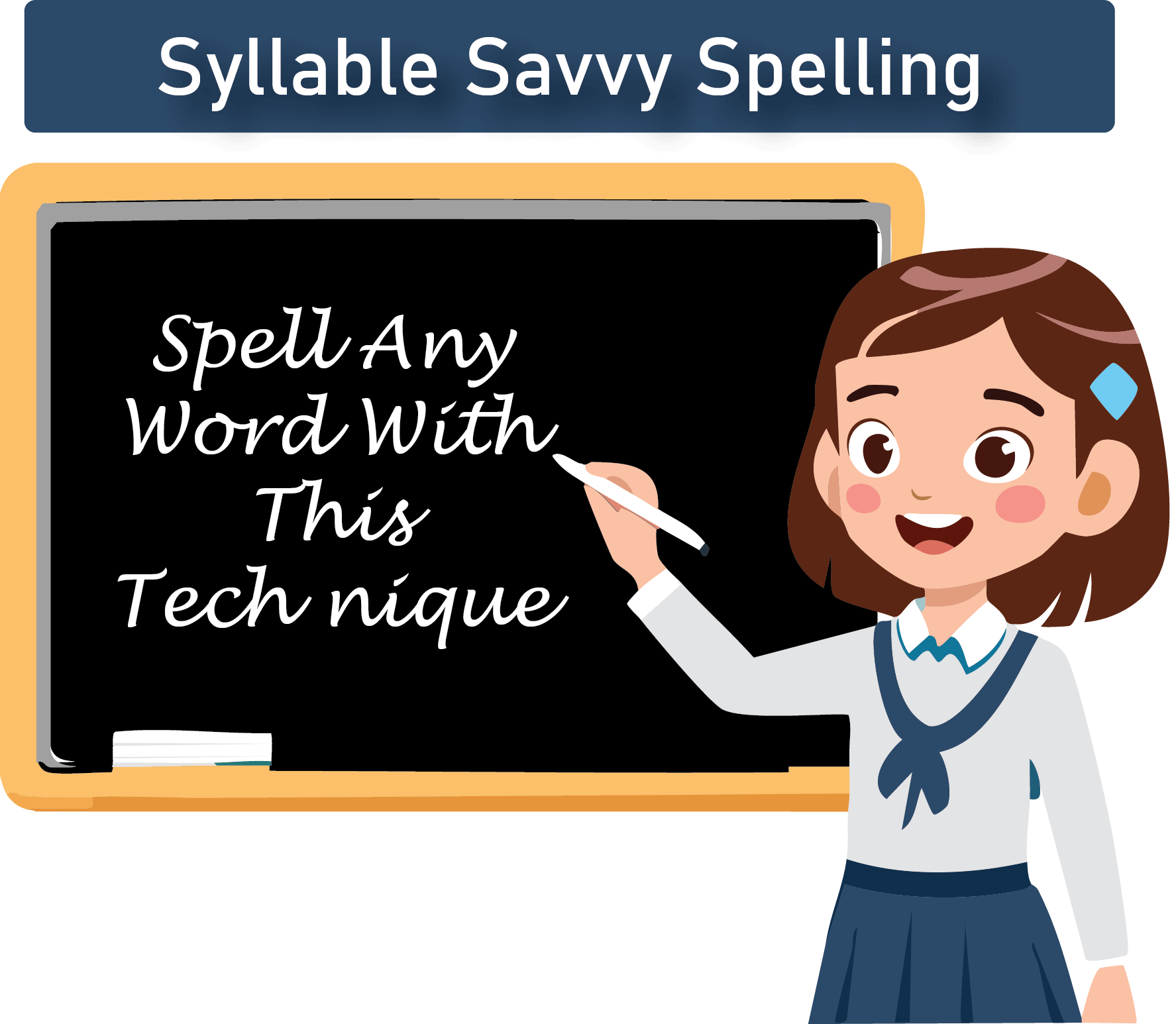
Why does it work? Syllables are usually one 2 to 4 letters long. But it's the combination of letters that throw students off. Learning to master syllables rather than random letters is the secret to spelling success.
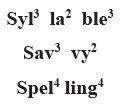
From Syllables to Patterns


Above, the words satisfy (verb) and satisfaction (noun) and satisfactory (adjective) are learned together.
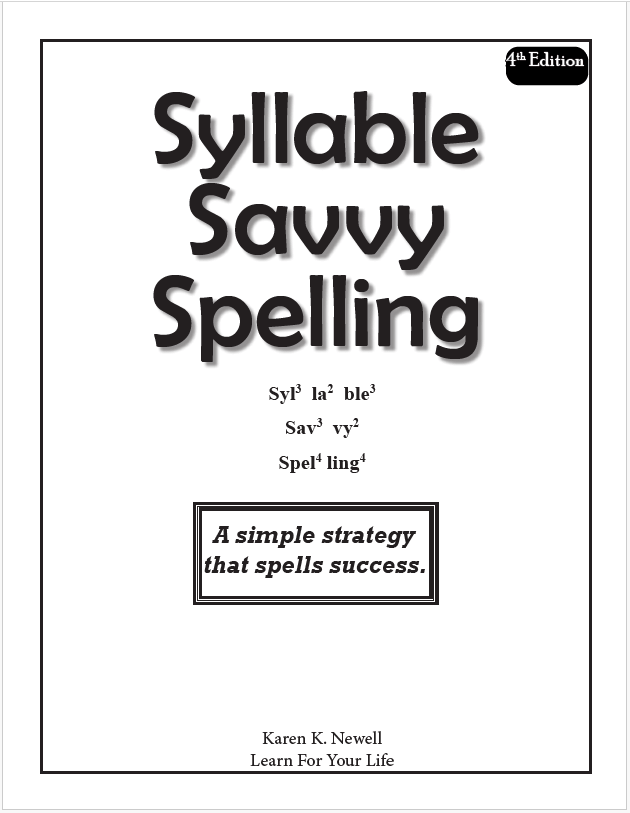
Order Syllable Savvy Spelling Today
You have two options for purchasing Syllable Savvy Spelling:- Order the paperback book. The 136 page soft cover will be mailed to you.
- Order the E-Book. Save the cost and time of shipping and download the ebook below to print now.
Order the Paperback
Softcover books are mailed to your home. It includes the instructors guide, student workbook pages, spelling guide, and appendix with spelling rules. No other books are needed.Download Now
Save time and shipping costs. The download allows you to print the exact same pages in the paperback.
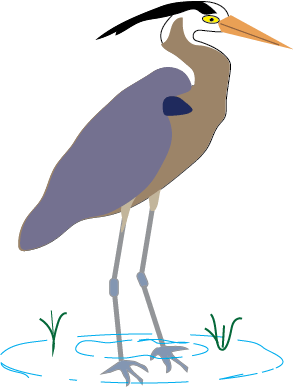
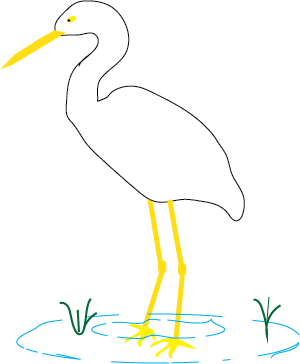
About Our Site
Hands-On Learning

